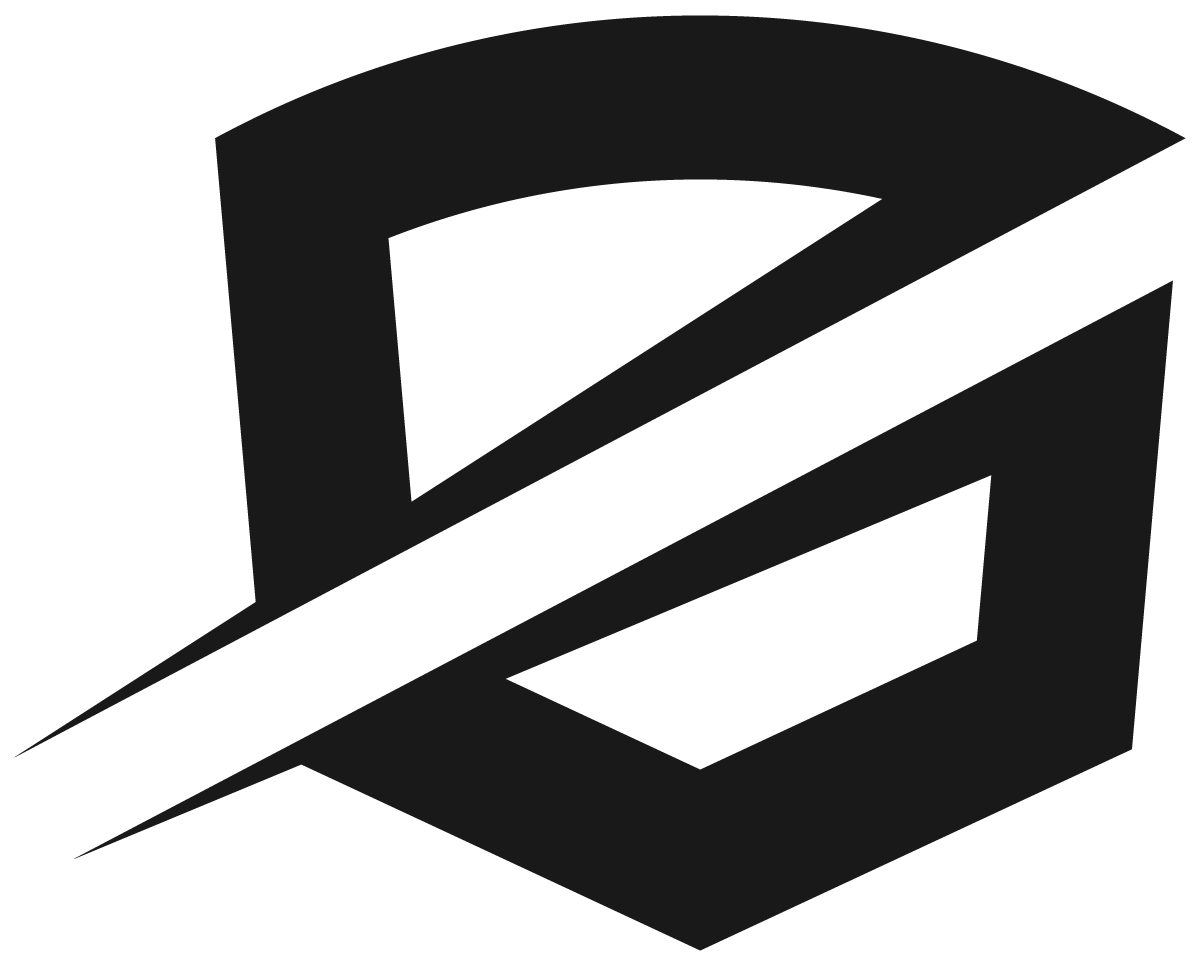How Antisemitism United Us in the Aftermath of October 7th
The October 7, 2023, attack by Hamas militants on Israel marked one of the deadliest days for the country since the Holocaust. The attack involved a massive rocket barrage, infiltration by militants using explosives and paragliders, and violence in civilian areas, killing over 1,200 people. Many victims were civilians, including those attending a music festival, and hundreds of hostages were taken. Among them are many children, women, and elderly. This event escalated into the Israel-Hamas war, leading to widespread destruction and significant geopolitical repercussions.
The wave of hate that came after October 7 took me by surprise at first. The sheer magnitude of the attacks on Jews worldwide didn’t match what I expected from a world witnessing such atrocities. But as the days passed, I learned to live with this new reality—a reality where antisemitism wasn’t just on the rise; it just became politically correct once again. It’s a strange existence, constantly watching your back, scanning each face in the street, trying to decide if it’s an ally or a hater. It’s not fear; it’s more like a heightened sense of awareness.
The world I thought I knew, where terrorism was universally condemned, seems to have disappeared. Instead, the victims were dismissed, and the global response was sympathy for those committing the violence. What surprised me most was seeing support from groups who are themselves targets of terror or hatred—who will be next in line if what they’re chanting for comes to pass. Antisemitism, once concealed in the shadows, is now bold and unapologetic, flooding the streets, social media, and news outlets, masked in political rhetoric but unmistakable in its hatred.
In November 2023, I was attacked in the streets of New York because of my identity. That’s when something inside me shifted. I could either hide, as many have chosen to do, or I could stand taller. I chose the latter. I bought a Star of David necklace, not as a piece of jewelry, but as a declaration. Now, when I ride the subway in New York if someone decides to hop on the train and ask, “Is anyone here a Zionist?” I’ll make sure they know I am. I won’t hide my identity, heritage, or beliefs, even if it means facing hostility head-on. A punch to the face is far less terrifying than the thought of leaving this problem for my children to handle when they grow up.
Another punch to the face was within the walls of my own gym, where people train for empowerment. Some of my students left the gym simply because I stood by my belief that my family and homeland deserve the right to exist in peace. Even those students who were victims of similar assaults refused to believe that Israeli women and men were raped and assaulted under gun threats. Perhaps they don’t believe Israeli women and men have the right to justice, just as other victims of such assaults. Sadly, “Me too, unless you’re a Jew” is something I witnessed from the very people who healed their trauma from my teachings.
The hate we are facing did something powerful: it united us. Many of us who might have previously felt disconnected from our Jewish identity now found strength in it. The hate pushed us closer together, and a renewed pride in who we are came with that. Jews around the world are reconnecting with their roots, sharing their stories, and standing side by side in ways I haven’t seen before.
Walking down the street, I always look around with a clear sense of purpose. Every person I pass might be a threat, but they might also be an ally. When I lock eyes with someone wearing a similar necklace or when we exchange a knowing nod, there’s an unspoken acknowledgment: we see each other. We’re here. We’re united.
This strange new reality didn’t break us; it made us stronger. It revealed the depth of hatred that has always existed, but it also uncovered the beauty of our resilience, our shared strength, and our unshakable bond. We won’t be defined by the hate but by how we respond to it—by standing taller, holding on tighter to who we are, and never letting anyone make us feel we should hide.
In unity, we are not just stronger—we become unbreakable. Together, we turn individual struggles into a collective force, standing as one against the tides of hate and division.
We are one.
Stand with us,
Tsahi Shemesh
Founder & CEO
Krav Maga Experts
